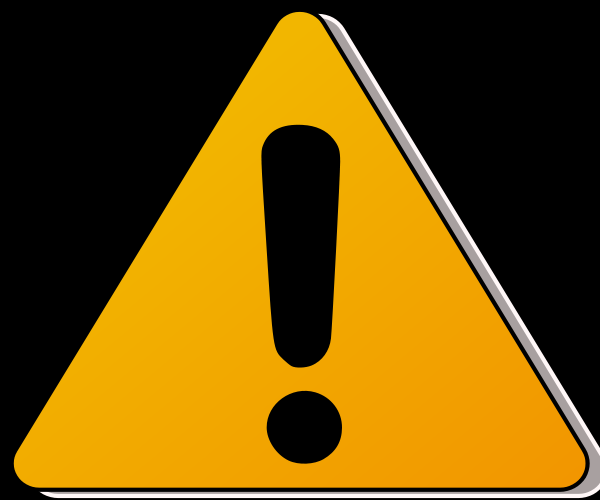by Catherine L. Tully
I’m going to sound off on both sides of the fence here…
If you want to be a freelance writer, you’ll have to work on the weekend. This is just a fact, so you had better be prepared to skip the occasional family barbecue and pass on leisure time at the pool here and there. Working for yourself means sacrifice in the way that you are no longer doing the 40-hour week. You are doing what it takes.
Still…if you don’t have to work all weekend, you probably shouldn’t. Generally speaking, I work Monday – Friday, and part of the day on Saturday. I take Sundays off, or do something fun like social networking. But then again, I don’t work full days all week. It depends on what I have going…
Point is, while you may have to put in some weekend time, you also need some time to do things for yourself, and hang out with the people in your life who you care about. Even the most understanding spouse would appreciate undivided attention for a day. And while family may “get it” when you say you can’t come to the backyard party this weekend, if you do it all the time, it gets old fast.
The other reason to schedule time off is that you are more able to function as a writer. The brain simply needs breaks–plus, living life is what typically gives you article ideas. If you get sucked too much into the vacuum of writing, you will dry up your creativity. So go ahead–work the weekend hours when you must. But try to remember that you need time off as well. It helps. Really.






